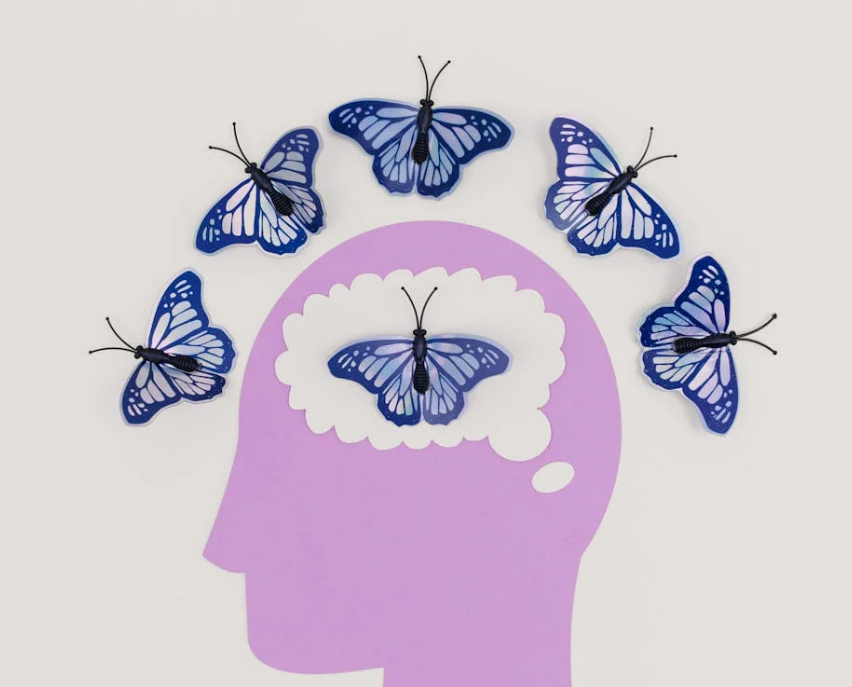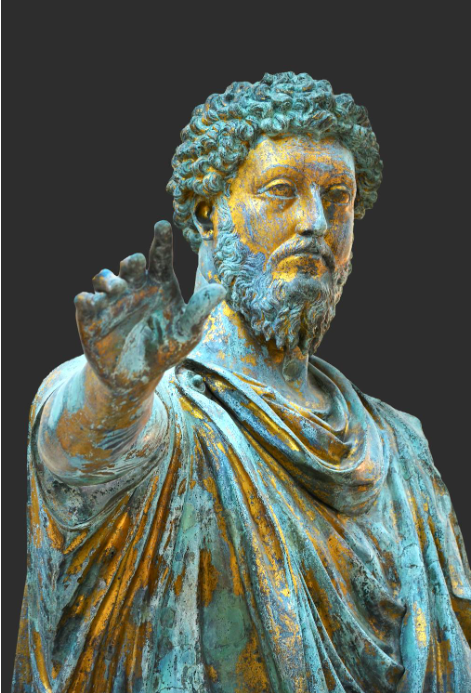Sport as a Natural Human Development Enabler
Inspired by the journey of my daughter—a world champion in contemporary and acrobatic dancing—and by my own observations throughout her path, I have come to deeply appreciate sport as one of the most natural and effective enablers of human development. Through countless hours of practice, competitions, and teamwork, I’ve witnessed how sport shapes not only physical ability but character, mindset, and emotional strength.
Sport, especially in its team-based forms such as group acrobatic dance, plays a critical role in shaping individuals who are resilient, compassionate, and capable of working together toward a shared goal. The values developed through team sport are foundational to success in life.
Team Movement: Learning Connection and Collaboration
Group acrobatic dance is one of the most synchronized and cooperative forms of sport. Each movement depends on the harmony and precision of every team member. The level of awareness and trust required to perform such routines builds a powerful connection between participants.
This experience teaches athletes how to listen, respond, and rely on others. The success of the team depends not on any single person, but on the unity and mutual respect among all members. Over time, dancers come to appreciate the uniqueness of each teammate’s strengths and learn the value of cooperation, empathy, and support.
These lessons extend beyond the performance space. They influence how people engage in families, workplaces, and communities, reinforcing the idea that success is often a shared achievement.
Nurturing the Achiever’s Mindset
Sport encourages a culture of excellence grounded in effort, discipline, and consistency. In team sports like acrobatic dance, this pursuit of excellence is not driven by personal glory but by the shared ambition to perform at a high level together.
Each routine requires precision, repetition, and teamwork. Dancers must constantly refine their technique, manage their emotions, and adapt to the needs of the group. This fosters a mindset oriented toward continuous improvement and shared success.
By striving to achieve as a team, athletes internalize important values such as responsibility, accountability, and perseverance. These qualities remain essential throughout all stages of personal and professional life.
Discipline as a Daily Practice
There is no progress in sport without discipline. This is especially clear in a demanding practice environment like that of competitive dance. Hours of daily training, detailed choreography, and physical preparation require structure and self-control.
This discipline becomes a part of the athlete’s identity. It shapes how individuals manage time, set priorities, and approach challenges in all aspects of their lives. It is not just about following a routine, but about committing to personal growth with focus and integrity.
In life, as in sport, discipline is what allows us to turn intentions into action and ambition into achievement.
Sport as a Source of Stress Relief
Engaging in physical activity provides a natural and effective way to release tension and restore balance. Movement increases endorphin levels, reduces anxiety, and helps regulate emotions. For young athletes in particular, sport offers a healthy outlet for managing stress.
Group dance also offers something more: emotional connection and shared experience. The sense of belonging that comes from moving and performing together enhances psychological well-being. Laughter, shared goals, and the act of creating something beautiful with others provide both emotional release and deep satisfaction.
In an increasingly pressured world, sport remains a powerful and accessible path to emotional and physical wellness.
Developing Self-Esteem and Building Resilience
Sport teaches us how to confront difficulty and grow through it. Whether it’s recovering from a failed performance, pushing through fatigue, or improving after critique, athletes learn how to face challenges constructively.
This process builds authentic self-confidence. Athletes understand their worth not as something given by others, but as something earned through effort and perseverance. They develop the ability to manage setbacks, stay motivated, and try again with greater focus.
Resilience becomes second nature. In both sport and life, this quality allows individuals to adapt, recover, and continue moving forward despite obstacles.
Cultivating Compassion and Acceptance
Perhaps one of the most powerful aspects of team sport is the way it fosters compassion and emotional intelligence. In a group setting, athletes see each other not only at their best but also in moments of doubt, fear, or failure. They learn to offer support, to be patient, and to stand by one another.
In competitive dance, where perfection is often the goal, teammates quickly learn that no one is flawless. Strength is found not in hiding weaknesses but in embracing them and working through them together. This creates a culture of acceptance where people feel safe to be themselves.
Such environments encourage kindness, inclusion, and respect for difference. These values help shape more empathetic leaders, friends, and community members.
A Lifelong Influence
The impact of sport does not end when the competition is over. The values, habits, and emotional maturity developed through years of training carry forward into adulthood. People who have participated in team sports often exhibit greater confidence, emotional resilience, and leadership capacity.
They are equipped to navigate challenges, work in diverse teams, and contribute meaningfully to the environments they are part of. The lessons learned—discipline, teamwork, empathy, and perseverance—become part of who they are.
Sport, then, is not only preparation for success in competition. It is preparation for success in life.
Conclusion: A Natural Pathway to Human Growth
Through the journey of my daughter and the many athletes I’ve observed, it is clear that sport is one of the most powerful tools we have for human development. Especially in its team-based forms, it teaches us how to strive for excellence, how to connect with others, and how to face life’s challenges with strength and grace.
Sport helps individuals become more disciplined, more resilient, and more compassionate. It builds character from the inside out. Encouraging participation in sport, particularly among youth, is not just a way to stay healthy. It is a way to invest in better people, stronger communities, and a more connected world.





